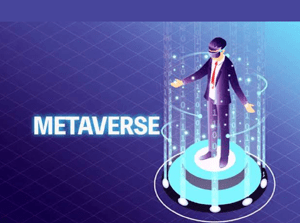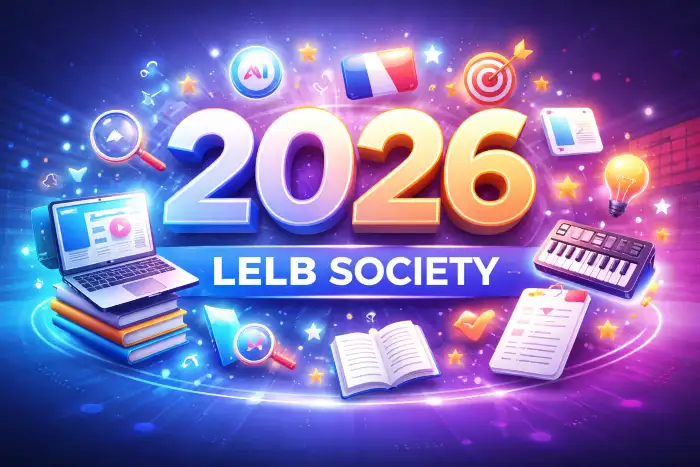Practice reading and listening comprehension on Metaverse and expand your academic vocabulary in context. Watch the embedded video as a documentary on the Metaverse. You can also select any text and listen to the selected text to improve your listening comprehension. Listening practice https://www.youtube.com/watch?v=gElfIo6uw4g Reading practice What is the metaverse? It's a combination of multiple elements of technology, including virtual reality, augmented reality and video where users "live" within a digital universe. Supporters of the metaverse envision its users working, playing and staying connected with friends through everything from concerts and conferences to virtual trips around the world. "Right now, ...
Home » Reading Practice in English » Metaverse – Reading Practice with Vocabulary in Context

Metaverse – Reading Practice with Vocabulary in Context
Updated: by Dr. Mohammad Hossein Hariri Asl
Time to Read: 6 minutes | 445 Views | 6 Comments on Metaverse – Reading Practice with Vocabulary in Context
Share This Post
About the Author
Dr. Mohammad Hossein Hariri Asl is an English and Persian instructor, educator, researcher, inventor, published author, blogger, SEO expert, website developer, entrepreneur, and the creator of LELB Society. He's got a PhD in TEFL (Teaching English as a Foreign Language).
Number of Posts: 4242



The metaverse have a lot of advantages like having fun in the unreality world but it also have some challenges like realizing its was only unreal which can have bad and good affects.
The metaverse indeed offers many advantages, such as entertainment and immersive experiences in a virtual world. However, as you mentioned, distinguishing between the virtual and real worlds can be challenging. While it can be a great escape and a platform for creativity, it might also lead to detachment from reality if not used mindfully. The key is to find a balance—enjoying the benefits while staying grounded in the real world.
I think that the idea of meta verse is cool but I think that in the future the meta verse technology like VR could be bad . Because imagine using VR and having your 26th birthday with your friends in your house with so much fun and then you take the VR off your head and realizing that there is no actual party with your friends. And I think it’s gonna even be more worse than that.(That’s what I think)
That is a pretty interesting analogy you’re drawing. I think it’s best we used this technology as well as possible without the necessity of being addicted or totally dependent on it.
At first, the idea of the metaverse seemed intriguing to me. Being able to connect with distant friends and visit places hundreds of kilometers away sounded tempting and appealing. However, I soon realized there are also skeptical features attached to the metaverse. And even perhaps we should be cautious with it.
This is one of the very basic natures of almost any technology, i.e. acting as a double-edged sword. However, the future of civilization and modernity is unimaginable without advancement in technology.
Feedback
cautious with sth = cautious about sth